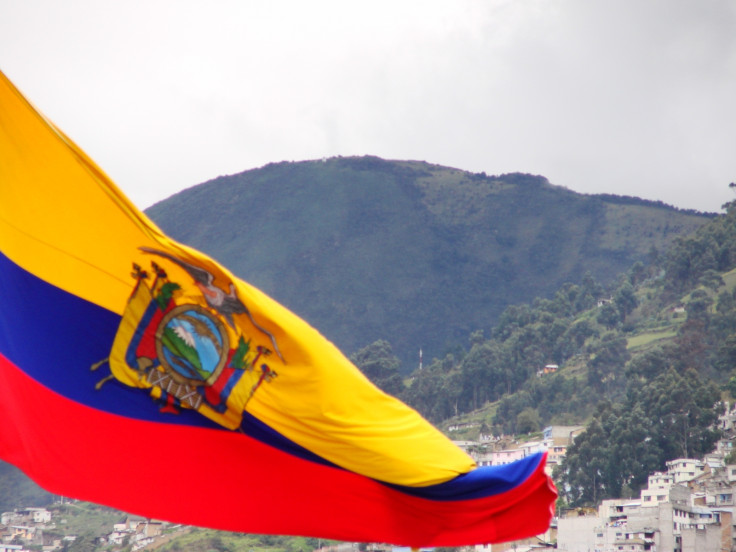Ecuador defies Opec and increases oil production
Latin American country says it won't be able to play its part in ongoing production cuts on financial grounds.

Ecuador, oil cartel Opec's third-smallest member by production levels after Equatorial Guinea and Gabon, has said it would not be able to play its part in ongoing oil production cuts.
On 25 May, Opec and 10 non-Opec producers announced an extension to an ongoing 1.8m barrels per day (bpd) cut in headline output to March 2018. However, Ecuadorian Oil Minister Carlos Perez said in an interview with Teleamazonas late on Monday (17 July) that Quito was raising crude production this month.
Ecuador is now pumping close to 545,000 barrels a day from its Amazonian oilfields on account of financial reasons, he added.
Under the 25 May agreement in Vienna, Austria, the Latin American producer committed to lowering output by 26,000 bpd to 522,000 bpd.
However, Perez said: "There's a need for funds for the fiscal treasury, hence we've taken the decision to gradually increase output. What Ecuador does or doesn't do has no major impact on Opec output."
There are now growing suggestions from data aggregators and agencies that other Opec members are also pumping more than they should. At the recently concluded World Petroleum Congress (WPC), the International Energy Agency put Opec compliance at 78% in June, a six-month low, after running as high as 106% at one point.
According to the IEA, the United Arab Emirates, Iraq, Ecuador and Venezuela all pumped more than agreed. Libya and Nigeria are already exempt from the cuts.
Despite Opec and non-Opec efforts to date, global inventories remain well above their five-year average of 2.7 billion barrels.
At 10:57am BST, the Brent front month futures contract was up 0.12% or 6 cents at $48.90 per barrel.
© Copyright IBTimes 2024. All rights reserved.






